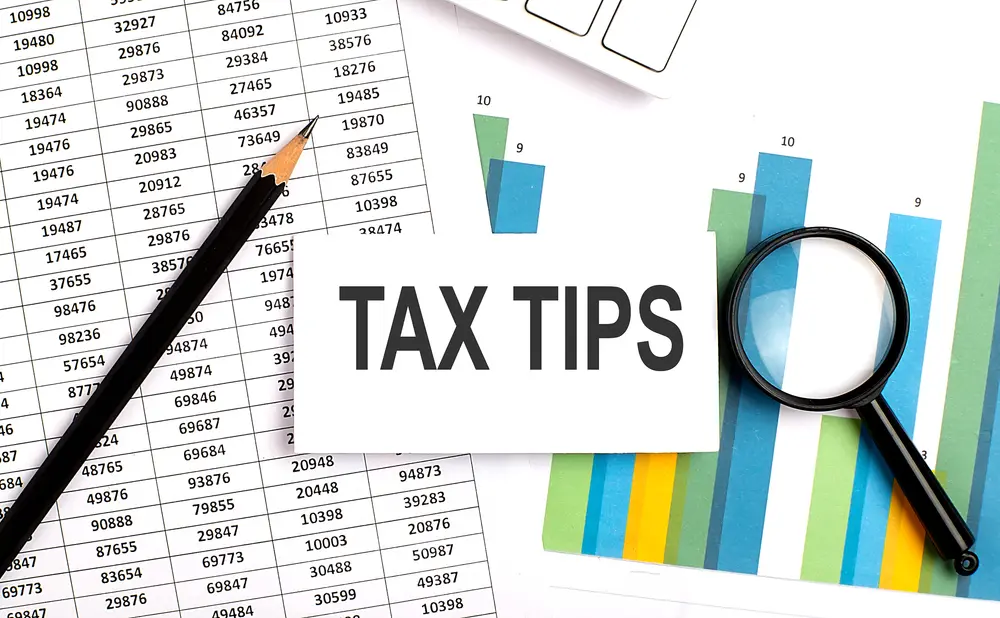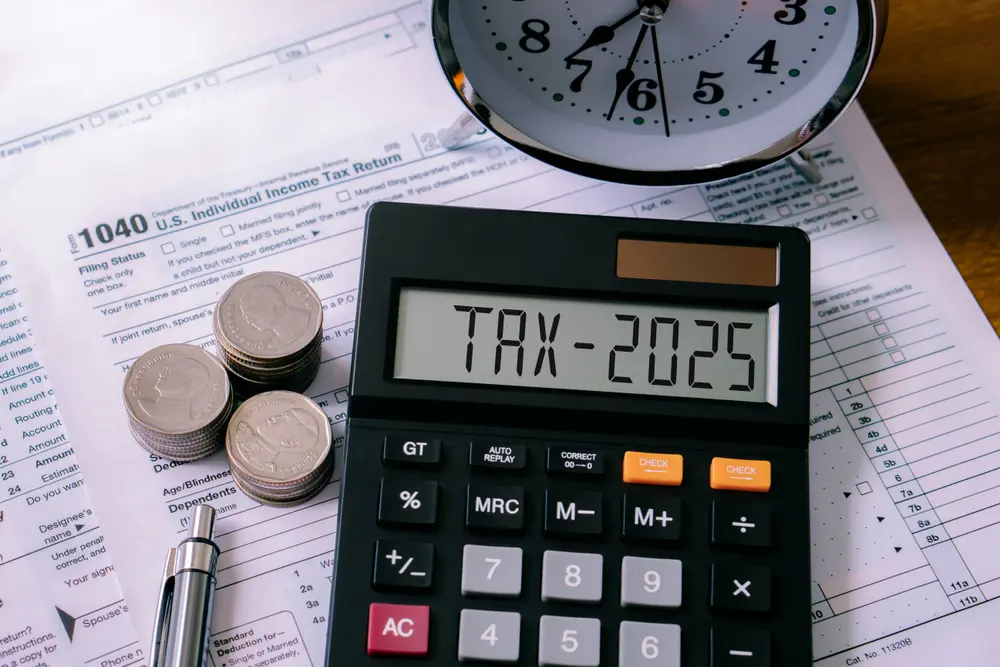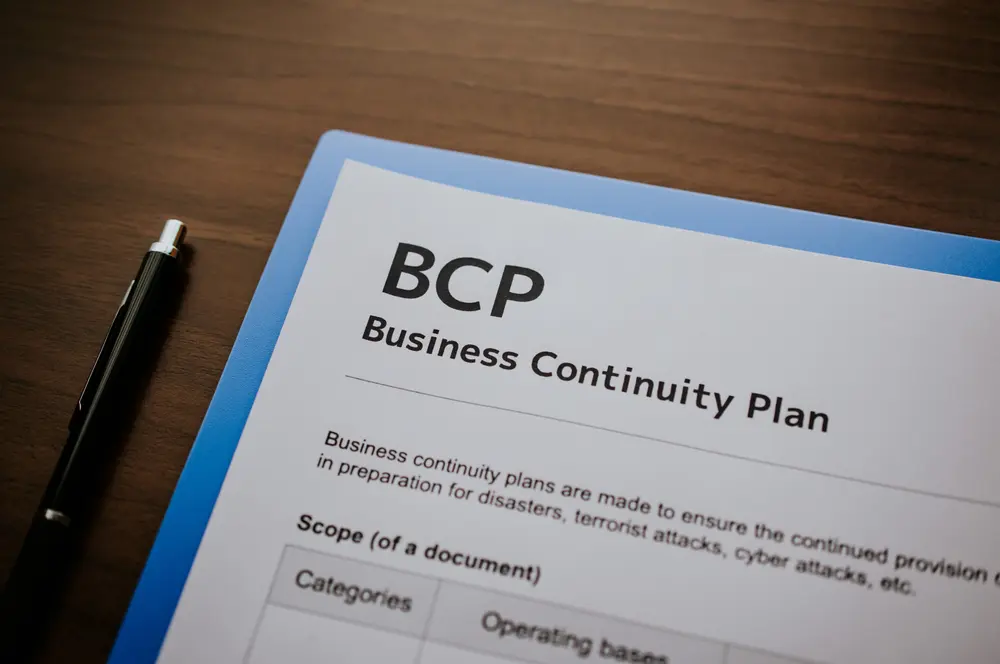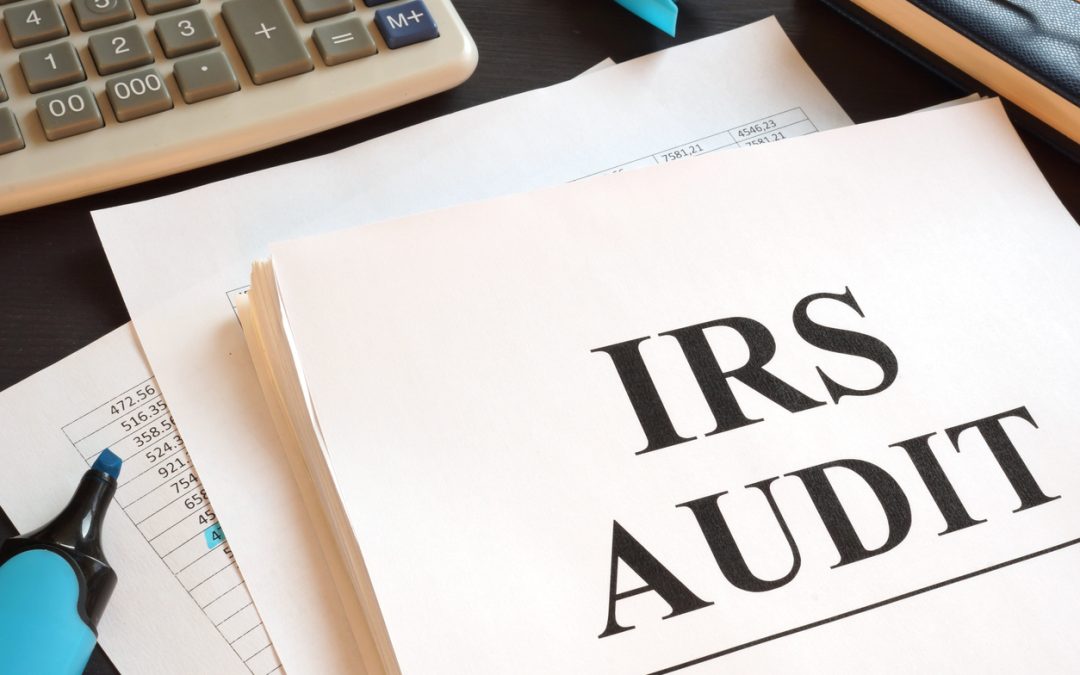Click on the links below to jump to each section in this article: Tips for Pain-Free Tax Filing Deduction vs. Credit Required Withholding for Supplemental Pay Tips for Pain-Free Tax Filing It’s time again to start thinking about getting your tax return prepared. Here are some quick tips you can use to help speed tax processing and avoid hassles. Gather all documents needed to prepare an accurate return, including W-2s, 1099 forms, statements of interest and dividends, and relevant receipts. Failure to provide certain information could mean an incomplete return, which may require additional processing and delay any refund due. Check names, Social Security numbers and amounts for accuracy and correct spelling. Also, if you supply a bank account number, double-check it. Don’t wait to...










